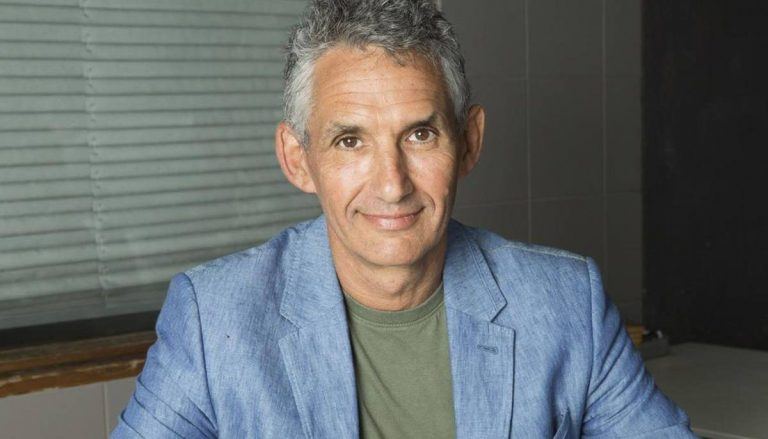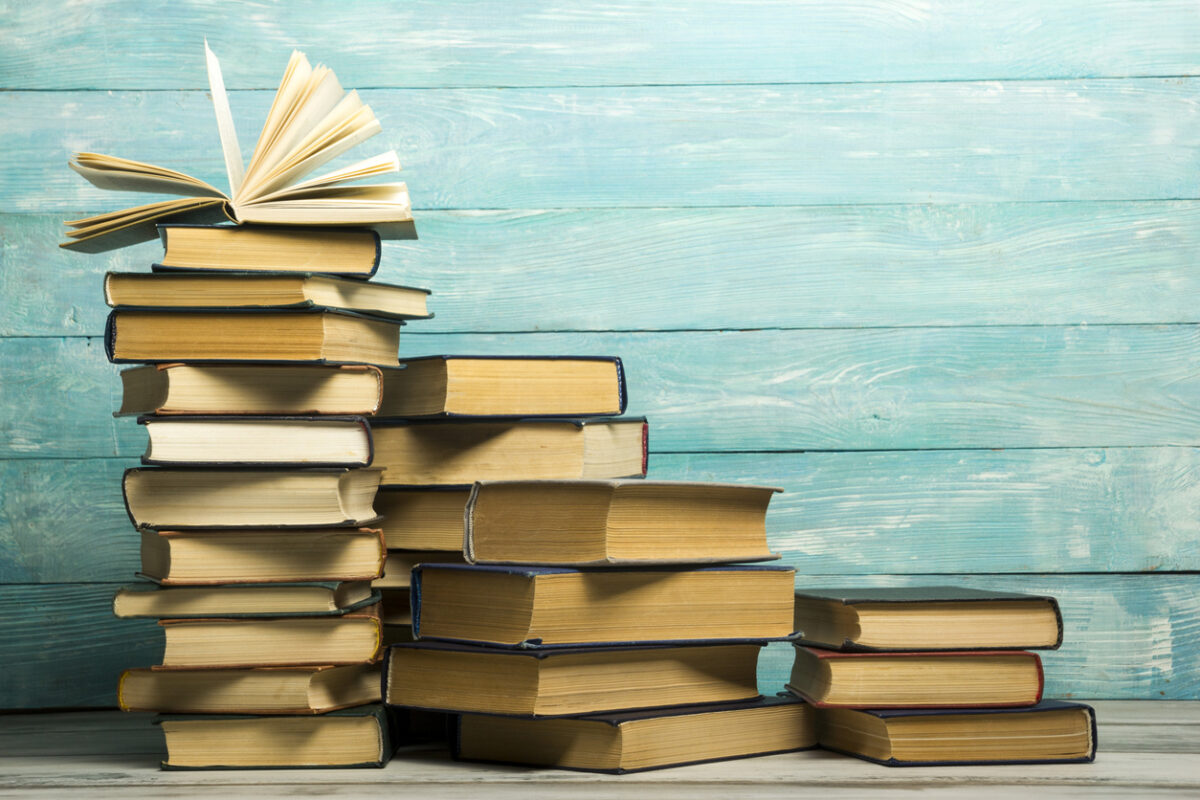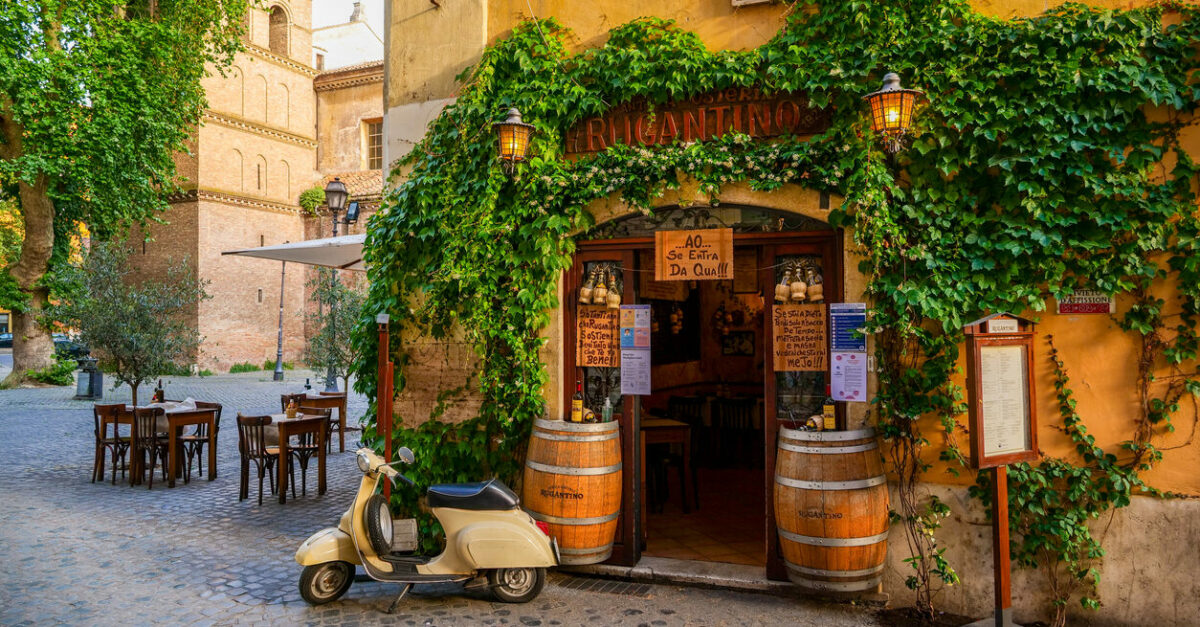10 must-read food books about sustainability, culture, and history

There are few better ways to expand your knowledge than sitting down and reading a well-written and well-researched book. All books offer readers a window into the minds of their author, and when it comes to books written by food experts, this often means insight into cutting-edge research about the very fabric of the past, present and future of our world.
So whether you’re looking for your own next read, or the perfect gift to give the bookworm in your life, there’s something for everyone in this list of must-read food books.
Food for Life, by Tim Spector
According to Genetic Epidemiology Professor, personalised nutrition expert and Food Matters Live Podcast guest Tim Spector, food is our greatest ally for good health. But living in a time when there are seemingly endless choices, it is harder to make good food decisions than ever. In Food for Life, Spector draws on years’ worth of scientific research, along with his own insights, to deliver a modern guide to eating and keeping well. Included in the book are insights into the environmental impact of food, as well as information on food fraud, allergies and deceptive labelling. Buy it here.
Gastronativism: Food, Identity, Politics, by Fabio Parasecoli
In his new book, Food Studies Professor Fabio Parasecoli poses the question: why has eating become so politically charged? Citing examples from across the world, the academic explores why food has become a tool for nationalist and exclusionary movements – from far-right Italian politicians incensed by halal tortellini, to European anti-immigration activists denouncing couscous and kebabs. The intersection between food, power and identity is an important one, and in Gastronativism, Parasecoli seeks to forge a pathway forward in which the world might more healthily channel its emotions surrounding food. Buy it here.
Slow Cooked: An Unexpected Life in Food Politics, by Marion Nestle
Marion Nestle was a later-comer to the world of food. By the time she truly embarked on a career advocating for the right to access healthy food at age 50, she’d obtained her doctorate in molecular biology, started a family, and ascended to the highest ranks of academia. Nestle’s work remains hugely important in the field of food politics, and her outspoken insights into the food industry have provoked many to question just how far the actions of the few can impact the health of the masses. She explores and reflects on all of this and more in her new memoir, Slow Cooked. Buy it here.
Rooted: Stories of Life, Land and a Farming Revolution, by Sarah Langford
Part memoir, part exploration on the world of modern farming, Rooted follows Sarah Langford as she leaves behind her city life as a barrister and reacquaints herself with the farming world in which she grew up. Early on, however, she must reconcile the fact that attitudes towards farming have changed and unlike her grandfather, who was lauded as a hero for feeding a post-war nation, modern farmers are underpaid and overworked, with little support from higher up. Rooted aims to share the human side to modern farming, as well as a dive into the evolving practice of regenerative agriculture. Buy it here.
Dinner on Mars, by Lenore Newman and Evan DG Fraser
Feeding a Martian isn’t necessarily on the to-do list of many food companies or governments, but puzzling with the idea of producing food in hostile conditions could very well improve our food systems on Earth. This is the reason NASA, the FAO and many others are increasingly interested in the world beyond our own. In Dinner on Mars, Lenore Newman and Evan DG Fraser explore this idea extensively – from investigating just how foodtech innovations like cell cultivation and precision fermentation might provide low-impact foodstuffs, to whether geothermal energy could be used to grow crops. While the subject might feel weird or fanciful, considering what a dinner on Mars might actually look like could provide significant insight into the future of our own mealtimes. Buy it here.
What Your Food Ate: How to Heal Our Land and Reclaim Our Health, by David R. Montgomery and Anne Biklé
Eating well is good, but what happens when the food you eat doesn’t have a nutritious diet of its own? This is the issue explored by David R Montgomery and Anne Biklé in What Your Food Ate. Drawing on both cutting-edge research surrounding microbes and bacteria, and time-honoured farming knowledge, the pair argue that the soil in which food grows has a significant impact on our health, and the road to good nutrition begins in the ground. Offering solutions as to how we can improve the health of soil on earth, the book is a must-read for farmers, chefs, gardeners and anyone with a vested interest in improving our food systems and agricultural habits. Buy it here.
The Origins of Cooking, by Ferran Adrià
At first glance, it seems we have very little in common with the earliest humans, but one thread which has stretched across millennia is cooking. Modern science allows us to look further into the past than ever, and former El Bulli head chef Ferran Adrià utilises this to examine the earliest instances of human culinary culture in his latest book. The Origins of Cooking presents the foundations of cuisine, starting with its earliest sources – rudimentary tools, cutlery and bowls, as well as artwork and more – and utilises rich imagery and text to tell these stories. Buy it here.
Healing Grounds, by Liz Carlisle
In Healing Grounds, Liz Carlisle, Assistant Professor of Environmental Studies at the University of California Santa Barbara, reveals there is a powerful subsection of farmers today who are helping to secure a future for us all. Such farmers are going well beyond the basic idea of CO2 sequestration, so often derided as a patch solution, and instead are showing what true regenerative agriculture and soil stewardship could look like. Carlisle uses examples from around the world to illustrate her point, from Mexican farmers revisiting ancestral ways of rotating crops to fight monocultures, to nutrient recycling practices being passed down by generations of Asian growers. Buy it here.
Regenesis: Feeding the World without Devouring the Planet, by George Monbiot
Farming is the world’s greatest cause of environmental destruction, so says George Monbiot in his latest book, Regenesis. But it doesn’t have to be this way. With some of the brightest minds in the world creating new ways of producing food for the masses, technological advancements in soil conservation could provide a solution – replacing our current age of extinction with one of new and sustainable life. Monbiot explores such progress and more in his new book. Buy it here.
Dinner in Rome: A History of the World in One Meal, by Andreas Viestad
“There is more history in a bowl of pasta than in the Colosseum,” writes Norwegian Food Writer Andreas Viestad in Dinner in Rome. From one meal, eaten in a traditional Roman restaurant, Viestad argues he can retell a history of the world. With the bread at the start of his dinner, he traces the origins of wheat and its role in Ancient Rome’s rise and fall. With his fried artichoke antipasto, he explains olive oil’s part in the religious conflict of sixteenth-century Europe. With this “culinary archaeological study”, Viestad presents food as an interconnected and undeniable part of history and culture. Buy it here.








